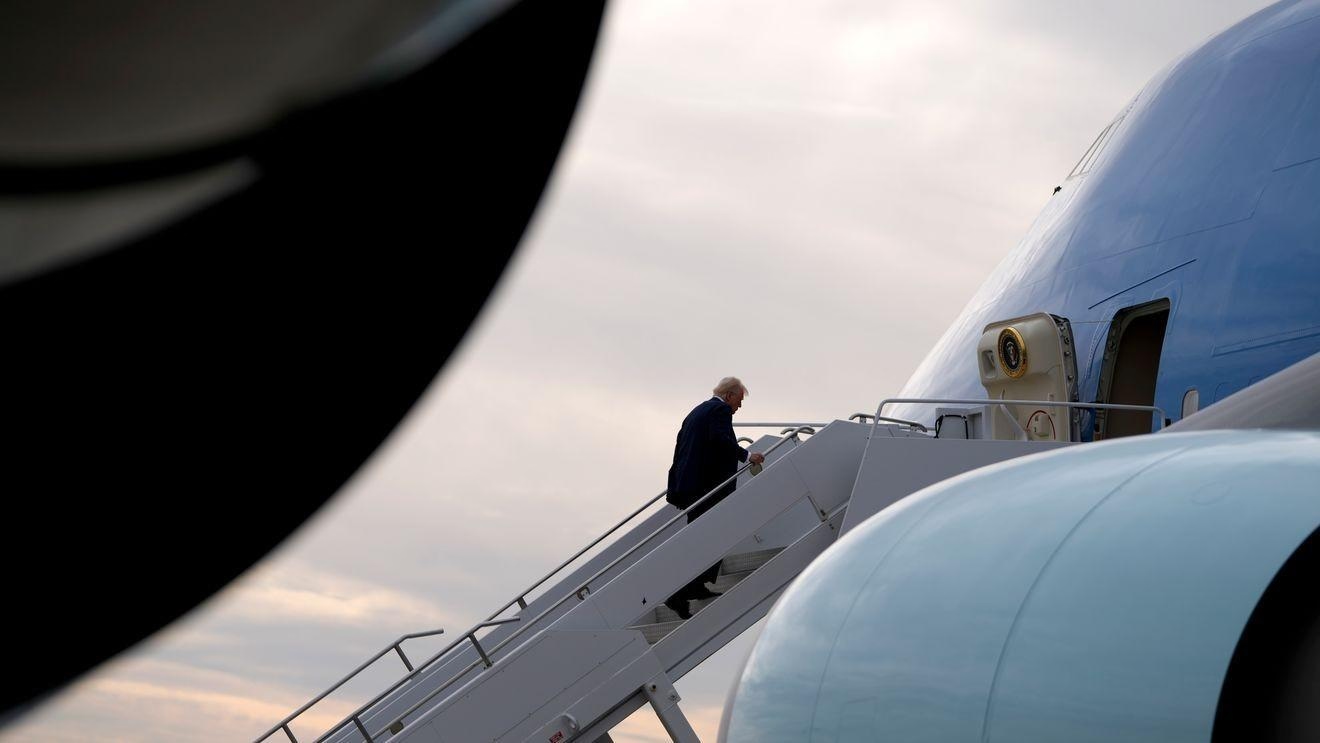AeroGenie — Your Intelligent Copilot.
Trending
Categories
Trump Explores Alternatives as Boeing Presidential Plane Faces Years of Delay

Trump Pursues Interim Presidential Aircraft Amid Boeing Delays
Prolonged Setbacks in Boeing’s Air Force One Program
President Donald Trump has taken decisive steps to address the extensive delays in Boeing’s delivery of the next-generation presidential aircraft by commissioning an interim solution from a smaller defense contractor. The move reflects growing frustration within the White House over Boeing’s inability to meet the original timeline, which has now been extended by nearly a decade. The delays have not only disrupted plans for the presidential fleet but have also raised concerns about Boeing’s capacity to fulfill critical government contracts.
The original contract, valued at $3.9 billion and initiated during Trump’s first term, aimed to replace the aging Air Force One fleet with new aircraft by 2024. However, Boeing informed federal officials in late 2024 that the delivery date could be pushed back to approximately 2035. These setbacks have been attributed to a combination of supplier shortages, engineering and manufacturing difficulties, and a series of high-profile Boeing aircraft failures that have undermined public confidence and led to contract cancellations and widespread groundings.
Interim Solution and Strategic Considerations
In response, Trump has directed L3Harris, a defense contractor already involved in outfitting Air Force One’s communications systems, to retrofit a Boeing 747 previously owned by the Qatari government. This aircraft will be equipped with advanced security and communications technology to serve as a temporary presidential plane. The president is reportedly overseeing the project closely, with the goal of having the jet operational by the fall of 2025.
The decision to pursue an interim aircraft underscores a pragmatic approach to maintaining secure presidential transport amid ongoing uncertainty. It also signals Trump’s willingness to explore unconventional alternatives in light of Boeing’s persistent delays. Behind the scenes, White House officials and senior Air Force leaders have considered more drastic measures, including the potential cancellation of Boeing’s contract. Discussions during Trump’s administration also included the possibility of legal action against Boeing over the delays and cost overruns.
Implications for Boeing and Government Contracts
The unfolding situation has intensified scrutiny of Boeing’s reliability and raised broader questions about the company’s future role in high-stakes government projects. Insiders indicate that Trump has not ruled out further actions against Boeing, including revisiting contract terms to seek compensation for the setbacks. The ongoing challenges with the Air Force One program have become emblematic of wider concerns regarding Boeing’s operational and managerial capabilities in delivering complex defense contracts.

Emirates Unveils Cabin Design for New Boeing 777X

Eighteen Years On, the Airbus A380 Remains Central to a $34 Billion Airline

How a boom in luxury airline seats is slowing down jet deliveries

Navitaire Outage Attributed to Planned Maintenance

DigiYatra Debuts Outside Aviation at India AI Impact Summit

Vietnam Orders Strengthen Boeing’s Commercial Outlook

Airbus Signals Uncertainty Over Future A400M Orders

JobsOhio Awards $2 Million Grant to Hartzell Propeller for Innovation Center

Collins Aerospace Tests Sidekick Autonomy Software on YFQ-42A for U.S. Air Force CCA Program

How the Airbus A350-1000 Compares to the Boeing 777
